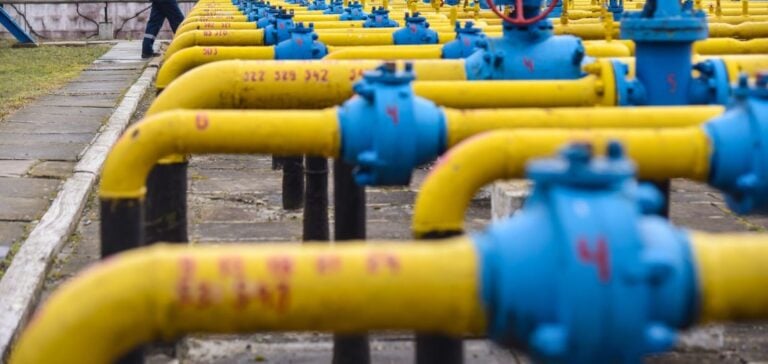Slovak Prime Minister Robert Fico has proposed a meeting with Ukrainian President Volodymyr Zelensky to discuss restoring Russian gas deliveries through Ukraine. The proposal, focused on the “technical aspects” of the transit, aims to reinstate approximately 25% of the previously transported volumes, according to estimates from Bratislava.
Volodymyr Zelensky accepted the proposal and invited Mr. Fico to Kyiv this Friday to address the issue. The cessation of gas deliveries by Ukraine, effective since January 1, 2025, is tied to the expiration of a contract signed with Moscow in 2019. This halt has triggered an energy crisis in Slovakia, which partially relies on these supplies for its domestic and industrial markets.
Strained relations between Kyiv and Bratislava
Since his return to power in 2023, Robert Fico has adopted a policy closer to Russia, marked by an official visit to Moscow last December and his suspension of all military aid to Ukraine. Additionally, he has threatened to cut electricity supplies and other forms of assistance, including humanitarian aid, provided to Ukraine.
While these positions are praised by certain nationalist sectors in Slovakia, they have heightened tensions with Kyiv. Volodymyr Zelensky, firmly opposed to any concessions perceived as advantageous to Moscow, views these initiatives as a means of legitimizing Russian interests in the region.
Political and energy impacts
Geopolitically, the situation is further complicated by Russia, with Vladimir Putin expressing interest in negotiations on its terms. This perspective could also influence discussions, as transatlantic relations undergo changes with the impending inauguration of U.S. President-elect Donald Trump.
For Slovakia, the stakes are critical. The country faces a significant reduction in its energy supplies, threatening economic stability. The partial resumption of gas deliveries could provide a short-term solution, though it remains contingent on the two countries finding common ground.






















